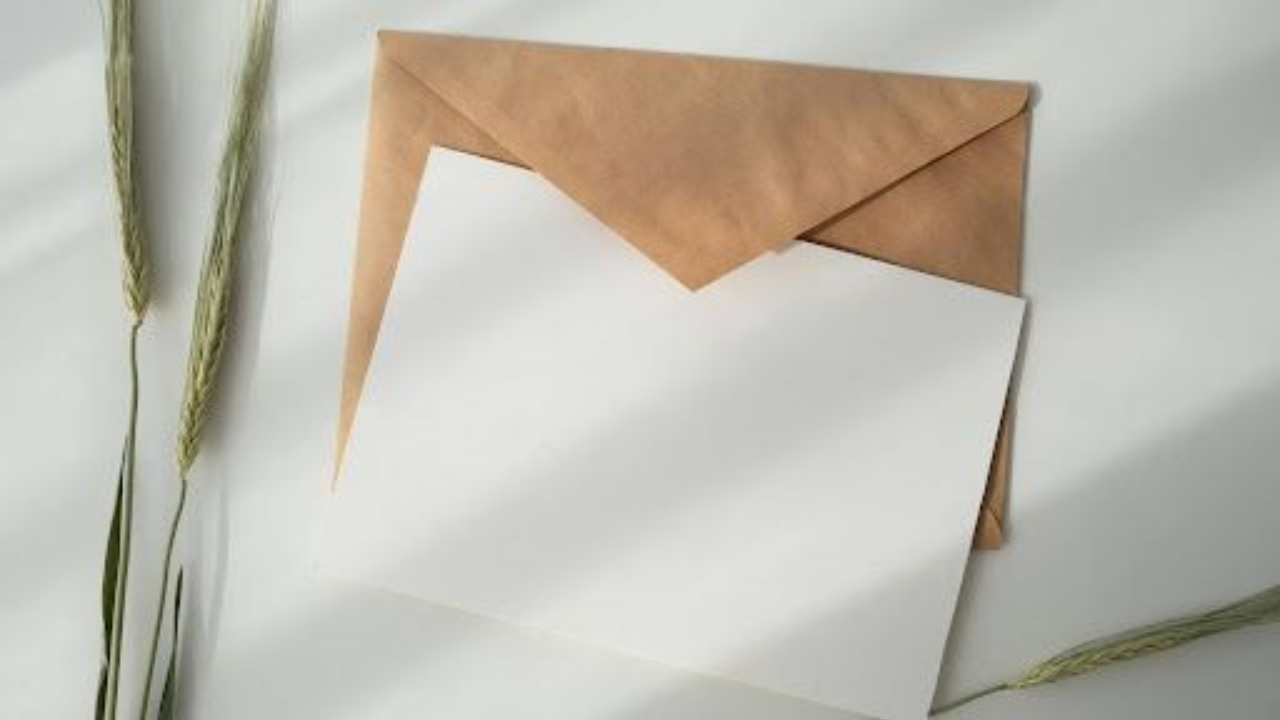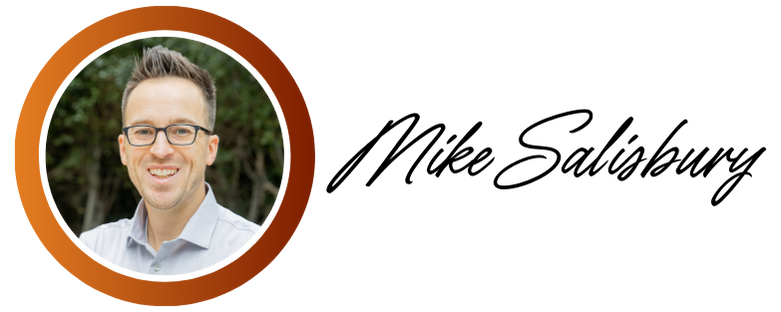How Do I Write a Query Letter?

What a Query Letter Is (and What it Isn't)
Summer is in full swing here in Michigan—the Mitten State. I hope you’re enjoying being near water, the beach, or the lake with a great book. Today, let’s demystify the query letter.
What makes a good query letter? I get this question a lot. To me, a query letter is like a cover letter for your book, and the book proposal is your resume. You’ll hear us say that a lot at Author Coaching. Many potential authors fumble their opportunity by not creating a simple, focused query letter.
Here’s what makes a good query letter: keep it simple and straight to the point. It’s okay to be direct; again, think cover letter. Your goal is to introduce me to your book - the title, the genre, and a brief one-liner about your book.
As a nonfiction Christian literary agent, it matters if you personally address your email to me and send me a query letter for books that I represent. I love genre fiction, but as much as I love a good dystopian novel, that’s not what I do for my day job.
Here’s a simple trick for that one-liner: give me a frame of reference. The way to do that is to use that one-liner like an equation: My book is X + Y = my book.
Let me give you an example: My book is The Ruthless Elimination of Hurry meets Dr. Becky’s Good Inside—it’s about helping parents overcome busy schedules to be great parents. As an agent, when I see this, I keep reading.
Wait, does this mean you should always include a book they’ve represented when you query an agent? No, but it doesn’t hurt. I don’t think you have to tailor your query that way, but I would recommend adding a note about the agent's work. Something like, “I enjoyed John Mark Comer’s books and I thought you might enjoy mine, too.” It shows the agent that you are paying attention and that you are not shotgunning query letters everywhere.
Okay, we’ve tackled that opening intro. What’s next?
For the next section, tell me about your book. Keep it to a paragraph or two - the tighter the better. You’ve heard me talk about how books are about problems and promises. This is where you should talk about that.
And then include an author bio. An author bio is not a memoir of your life. Keep it simple. It’s always a bonus to include a few notes about your platform. If you’re unsure how to write an author bio, look at a few of your favorite books to get inspiration.
Lastly, this is a letter, so add a closing to it. I prefer that authors ask me if I want to see their proposal. I think it’s wise to do this because attaching it to the query email can cause it to get tripped up in spam filters.
Remember: a query letter isn’t an audition for your book. By keeping it simple and straight to the point, you show literary agents like me that you understand the assignment.
If you follow these tips, you’ll set your book apart from the crowd and increase the likelihood of an agent's interest.

🎯 The people you’re meant to reach are already looking for you. Let us help you find them.
How to Stand Out to Your Audience is the course that helps you name who you’re really writing for. You’ll learn how to define your primary and secondary audiences, tell the story of your ideal reader, and clarify the specific problem your book will solve. Stop guessing, stop chasing and start reaching the people God has already prepared to receive your message.
✍️ Our NEW course is for serious aspiring authors. And it’s finally here! Start writing with a clear path forward.
How to Write and Publish Your Book is a comprehensive, 11-module course designed to help you take your book idea and develop it into a complete, compelling manuscript. Through in-depth video lessons, a guided workbook, and expert insights, you’ll walk step by step through everything from premise and hook to editing, structure, agents, and book formats. Whether you plan to self-publish or pursue a traditional deal, this course gives you the structure, tools, and professional strategy to get your message into the world.
Keep writing,


